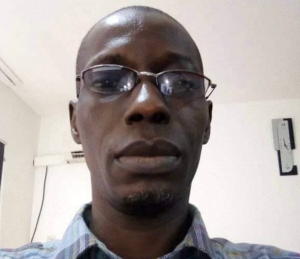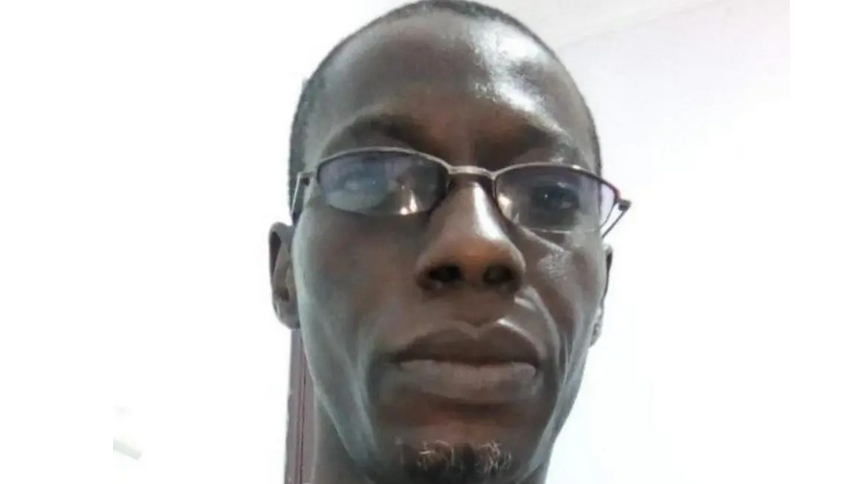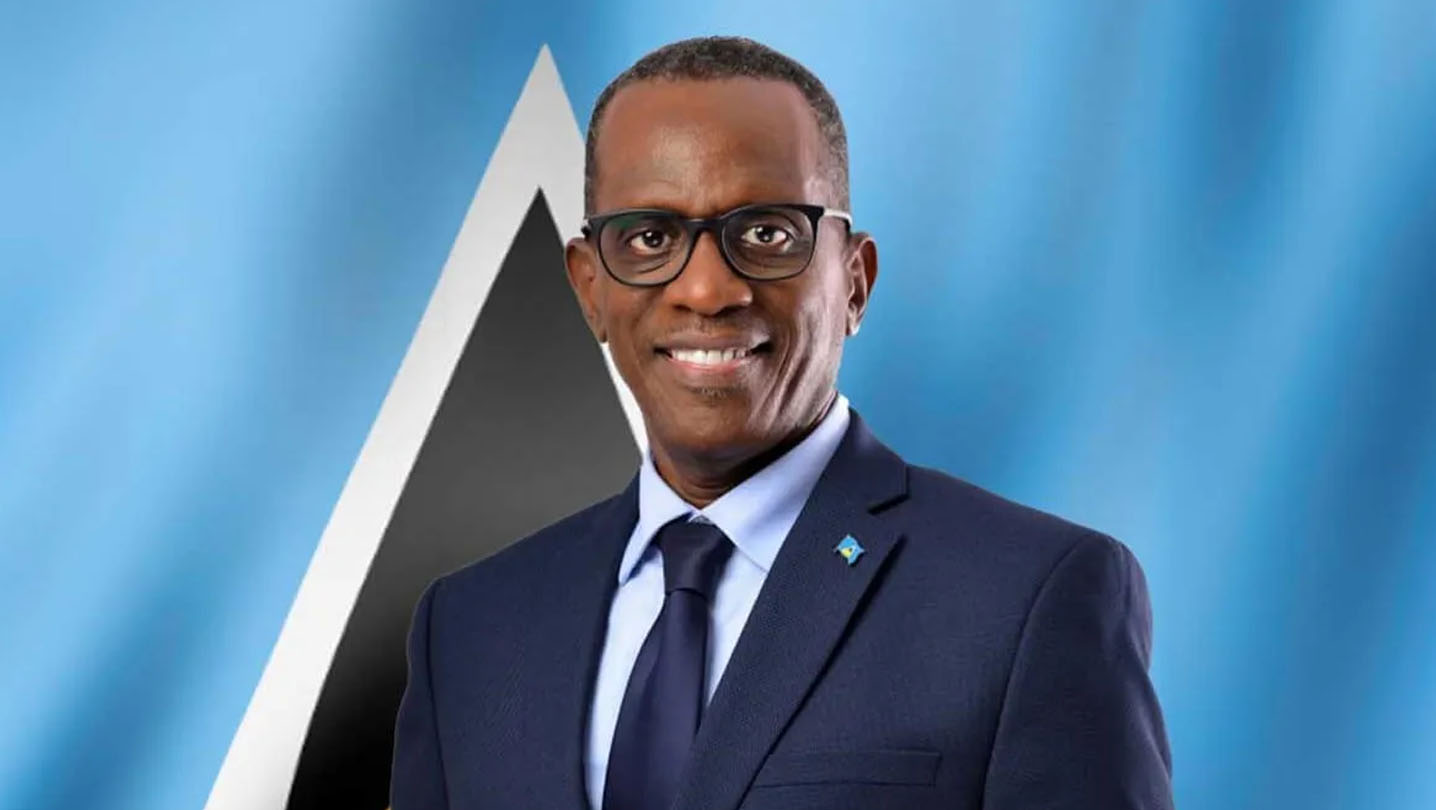By Committee To Protect Journalists
Photos: First News
Abuja, March 21, 2024—The Nigerian military should swiftly and publicly account for the whereabouts of First News editor Segun Olatunji, who was taken by armed men identifying themselves as officers with the army, disclose any charges against him, and ensure his safety, said the Committee to Protect Journalists on Thursday.

On March 15, around 15 armed men in two unmarked vans arrived at Olatunji’s home in Alagbado, a community in Nigeria’s western Lagos state. The men, two of whom wore military-style uniforms, introduced themselves as officers of the Nigerian army and forced Olatunji to come with them without explanation, according to media reports and Olatunji’s wife Abiodun Oluwakemi, who spoke to CPJ by phone. Oluwakemi added that she pleaded with the men not to take her husband.
A First News report following Olatunji’s arrest speculated that the journalist may have been taken in response to a February 29 report by the privately owned online news site that accused an official working with the Nigeria Defence Intelligence Agency (DIA), which serves under Nigeria’s Ministry of Defence, of failing to fairly allocate public contracts. First News publisher Daniel Iworiso-Markson also told CPJ that Olatunji had recently removed a story from the site about how a popular contractor used by public officials had allegedly diverted government funds. The story was taken down after Olatunji received calls from people who described the report as problematic. Iworiso-Markson told CPJ that he did not have any details about the people who called Olatunji about the story.
“Olatunji’s arrest by armed men identifying themselves as officers with the Nigerian army is totally unacceptable. Nigerian authorities must ensure his safety and swiftly clarify the reasons for his detention,” said CPJ Africa Program Head Angela Quintal in New York. “The seizure of journalists from their homes is behavior reminiscent of an era in Nigerian history when the military ran the country and has no place in a modern democracy.”
Oluwakemi told CPJ that on March 12, three days before he was taken, armed men approached a local security guard and showed him a photo of Olatunji, asking for his whereabouts. When the guard could not provide sufficient details, the men instructed him to use his phone to call a number they provided. The number connected to Oluwakemi’s phone, and the guard asked her questions about admission to a local university, which made no sense, Oluwakemi added.
Oluwakemi said she was confused and bothered by the call and, after contacting him again, learned from the security guard that the armed men had followed him over the days between making him place the call and Olatunji being taken.
On March 18, Oluwakemi and Iworiso-Markson told CPJ by phone that they tried to locate the Olatunji at police stations and contacted friends and colleagues in various military offices across the state—even within Nigeria’s capital, Abuja, without success. Olatunji’s phone, which he had when the men took him, also appeared to have been turned off.
On March 19, Oluwakemi said she went to the local office of Nigeria’s State Security Service (SSS), also known by the acronym DSS. Officers there allowed her to enter the building in search of Olatunji, but she did not find him.
CPJ called and texted Lagos police spokesperson Benjamin Hundeyin but received no response. However, Iworiso-Markson told CPJ via messaging app on March 19 that the federal police force confirmed that they had begun investigating the matter.
CPJ called the number listed on the Nigerian army’s Facebook page, but an automated response said, “the called number does not have the facility to receive calls.” CPJ’s calls to Nigerian army spokesperson Onyema Nwachukwu rang unanswered.
Over the days since Olatunji was taken, the Nigerian Guild of Editors, the Nigeria Union of Journalists, and the Human Rights Writers Association of Nigeria (HURIWA) each issued statements of concern over the journalist.







